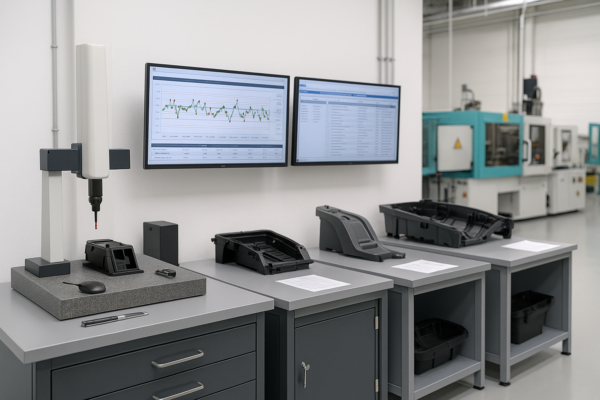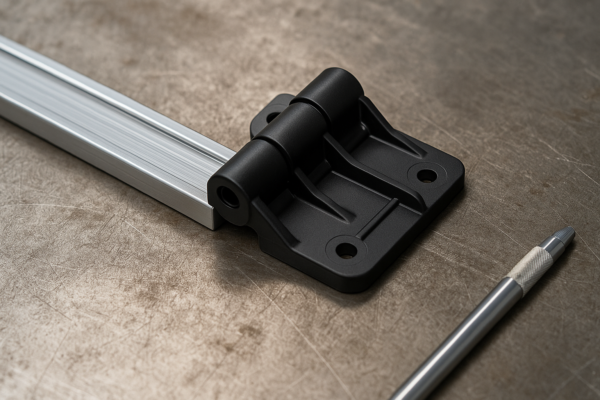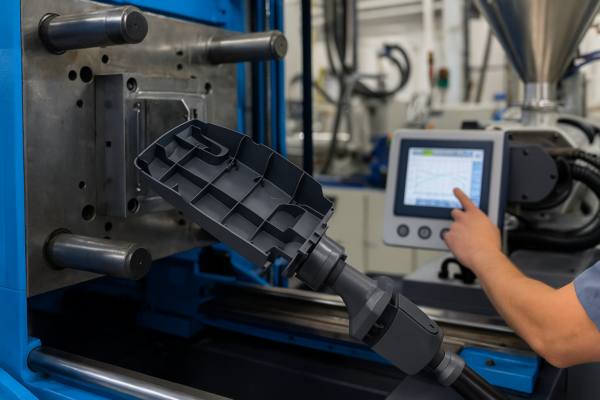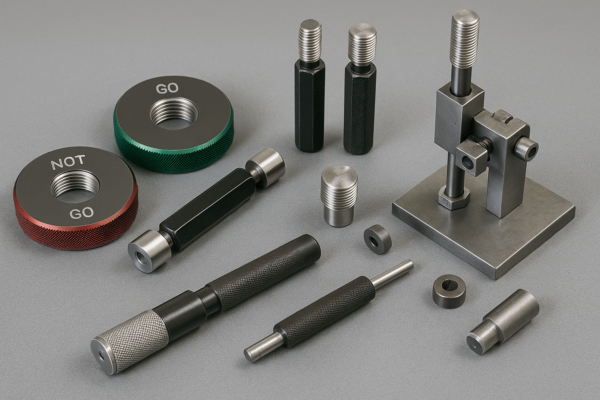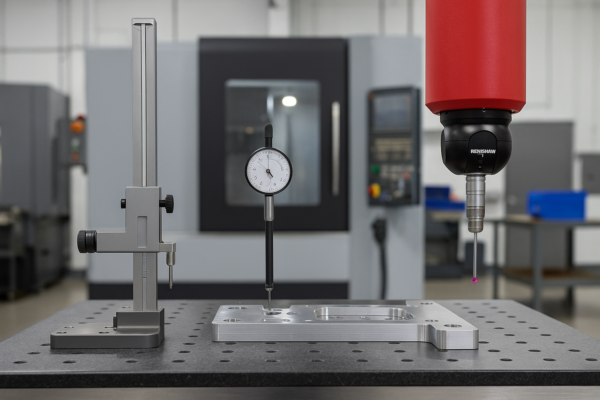Top 10 Mineral Parts Manufacturers in 2025: Capabilities, Expertise, and Selection Criteria?
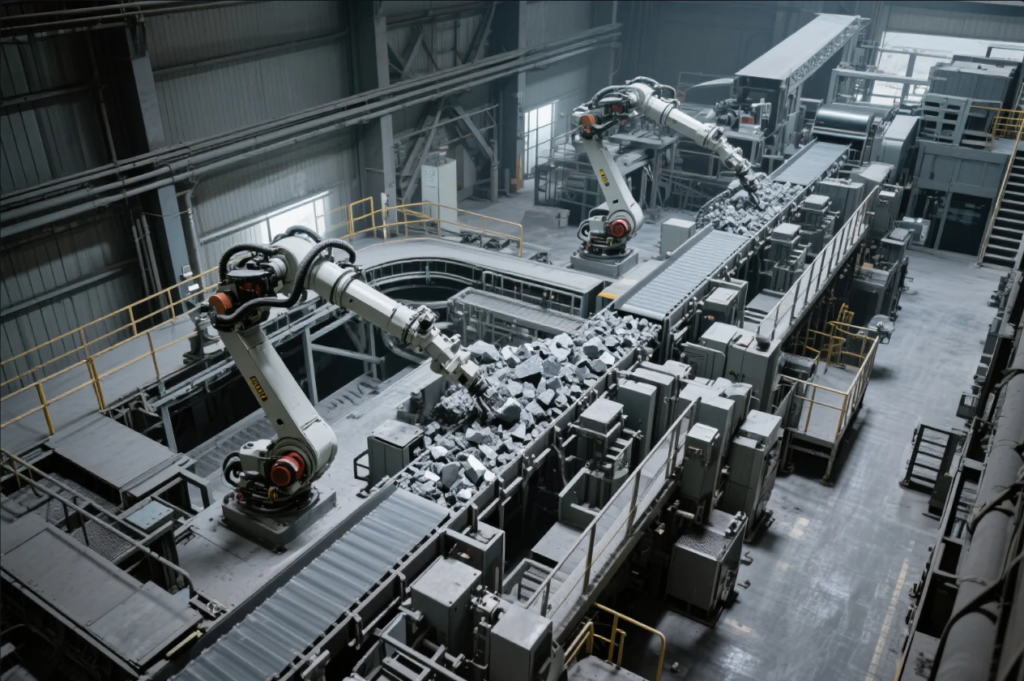
Struggling to find a reliable mineral parts supplier in 2025? Global demand is surging, but not every manufacturer can guarantee quality, volume, and compliance.
This article reveals the top 10 mineral parts manufacturers of 2025—analyzing their strengths, certifications, materials expertise, and global capabilities—to help you select the right sourcing partner.
If you’re sourcing for battery-grade lithium, rare earth components, or industrial alumina, read on to discover how to evaluate and engage with the top performers.
What are the biggest mining companies in 2025?
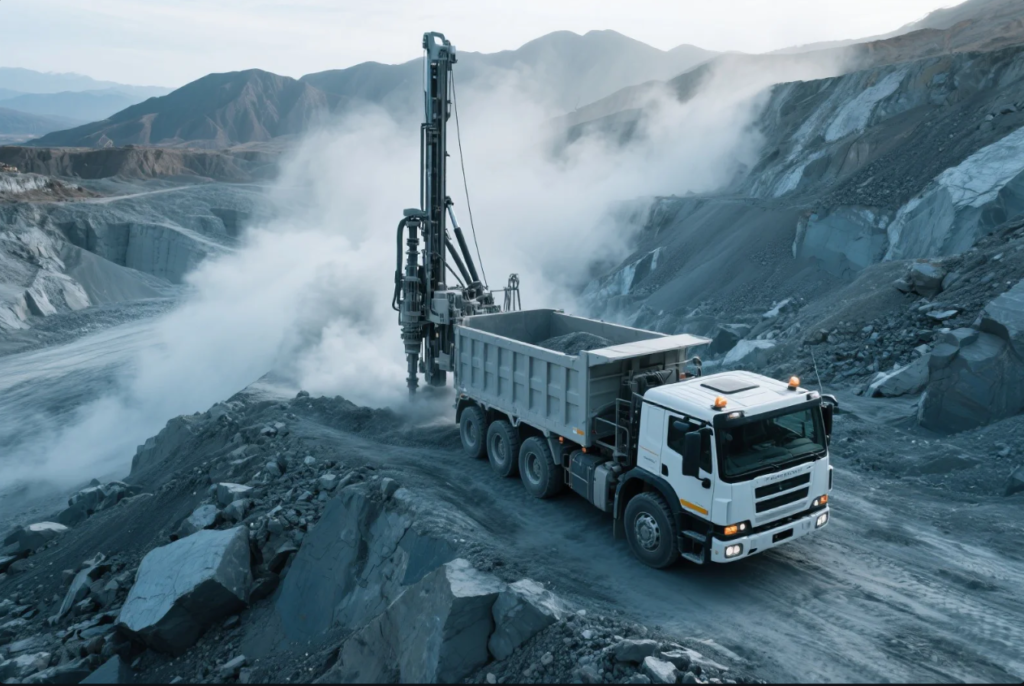
In 2025, the top global mining companies control not just resource extraction, but entire supply chains for mineral-based parts and materials.
Top companies include:
- BHP Group (Australia): Leading producer of copper, iron ore, and potash
- Rio Tinto (UK/Australia): Dominant in aluminum, lithium, and iron ore
- Vale (Brazil): Global leader in nickel and iron
- Glencore (Switzerland): Major trader and producer of cobalt, zinc, and copper
- China Northern Rare Earth Group: World’s largest rare earth producer
These giants drive innovation in mineral processing, refining, and eco-conscious mining practices.
What minerals are high in demand?
In 2025, global industry shifts—especially toward electrification and digitization—are redefining mineral priorities.
Top demand minerals include:
- Lithium: For EV batteries and energy storage systems
- Copper: Power grids, EVs, and data centers
- Cobalt: High-performance batteries
- Nickel: Stainless steel and battery cathodes
- Graphite: Anode material for lithium-ion batteries
- Rare Earth Elements (REEs): Magnets, semiconductors, defense tech
- Silica and Alumina: Electronics and high-strength ceramics
These minerals are essential for semiconductors, clean energy, defense, and high-tech manufacturing.
What are the top 5 mineral producing states?

In the U.S., five states dominate mineral output in 2025:
| State | Key Minerals |
|---|---|
| Nevada | Gold, silver, lithium |
| Arizona | Copper, molybdenum, sand & gravel |
| Texas | Crushed stone, cement, industrial sand |
| California | Boron, rare earths, diatomite |
| Minnesota | Iron ore, construction aggregates |
These states provide both bulk minerals and specialty inputs for advanced manufacturing.
What are the most in demand minerals?
The minerals most sought-after in 2025 are driven by energy, infrastructure, and tech megatrends.
Top 6 in-demand minerals:
- Lithium — EVs, grid-scale batteries
- Copper — EVs, 5G infrastructure
- Cobalt — Aerospace, battery packs
- Nickel — Electric powertrains, corrosion-resistant alloys
- Rare Earths (Nd, Dy, Pr) — High-efficiency magnets
- Graphite — Conductive materials in electronics
These minerals are essential for manufacturers in EVs, semiconductors, clean tech, and aerospace.
Top 10 Mineral Parts Manufacturers in 2025
1. Prime Custom Parts (China)
Overview:
An ISO-certified supplier with a strong portfolio in casting, CNC-machined mineral parts, and powder metallurgy components for industrial use.
Strengths:
- Precision CNC parts from sintered metal powders
- Custom alumina and silica-based ceramic components
- Short lead times, global exports, and strict quality assurance
- Specialized in non-ferrous mineral integration
2. Rio Tinto Minerals
Overview:
Through its Borates and Lithium division, Rio Tinto supplies raw and processed mineral parts to the glass, fertilizer, and battery sectors.
Strengths:
- Vertically integrated operations
- Proven environmental credentials
- Lithium hydroxide and refined borates at scale
- Supply chain security for critical mineral inputs
3. Glencore Advanced Materials
Overview:
Glencore produces cobalt, zinc, and copper-based materials and parts for the energy, automotive, and industrial sectors.
Strengths:
- Large-volume mineral part production from own mines
- Excellent logistics in Europe, Asia, and Americas
- Custom cobalt and nickel part development for battery systems
4. Umicore
Overview:
Specialist in materials recycling and mineral-based components, including catalysts and battery parts.
Strengths:
- Expertise in rare earth and precious metal materials
- R\&D-backed innovation in electric vehicle minerals
- Closed-loop material systems
5. Alcoa Engineered Products
Overview:
Producer of refined bauxite, alumina, and cast aluminum mineral parts used in aerospace and transport.
Strengths:
- Aerospace-grade mineral aluminum alloys
- High-temperature, lightweight components
- Sustainability leadership in extraction and refinement
6. Livent Corporation
Overview:
A global lithium specialist producing refined lithium carbonate, hydroxide, and downstream lithium-based parts.
Strengths:
- Battery-grade lithium integration
- Global refining facilities
- Collaborations with EV and energy storage OEMs
7. MP Materials
Overview:
Leading U.S. producer of rare earth materials, with growing capabilities in magnet and component manufacturing.
Strengths:
- Domestic rare earth supply chain
- Neodymium-iron-boron (NdFeB) part manufacturing
- Defense and aerospace sector trusted supplier
8. Lynas Rare Earths
Overview:
One of the few non-Chinese REE processors, supplying Nd, Pr, and Dy for permanent magnet and sensor applications.
Strengths:
- REE processing in Malaysia and Australia
- Clean energy and electronics-grade material parts
- Long-term contracts with global OEMs
9. American Battery Technology Company
Overview:
ABTC specializes in lithium-ion battery recycling and mineral recovery with integration into anode/cathode part production.
Strengths:
- Closed-loop recovery of lithium, cobalt, nickel
- Integration into battery-grade component manufacturing
- Strong sustainability and traceability programs
10. Materion Corporation
Overview:
Materion produces high-performance mineral-based alloys and ceramic parts for electronics, defense, and aerospace.
Strengths:
- Beryllium, ceramics, and engineered metal components
- Exceptional strength-to-weight ratio materials
- Defense-approved supplier for critical systems
Selection Criteria for Mineral Component Suppliers
To choose the right mineral parts supplier, consider:
- Material Specialization: Are they experts in your target mineral (e.g., lithium, alumina)?
- Certifications: Do they meet ISO 9001, AS9100, or REACH compliance?
- Sourcing Transparency: Can they provide origin traceability and sustainability data?
- Customization Capabilities: Do they offer prototyping and design collaboration?
- Lead Times and Capacity: Can they meet your production timeline at scale?
- Packaging & Export Readiness: Especially critical for high-purity or sensitive parts
FAQs
Q: What are mineral parts used for?
A: They are used in electronics, EVs, aerospace, construction, and industrial applications requiring strength, thermal resistance, or electrical conductivity.
Q: Are mineral parts customizable?
A: Yes. Top manufacturers offer custom blends, sizes, and machining tolerances.
Q: What’s the difference between mineral and metal parts?
A: Mineral parts are derived from naturally occurring materials (e.g., alumina, silica), while metal parts are refined alloys. Many components combine both.
Q: How can I verify mineral part quality?
A: Request material certificates (COA), third-party testing, and compliance with ASTM/ISO specs.
Conclusion
In 2025, sourcing mineral-based components requires more than price shopping—it demands verified quality, proven capacity, and material expertise. The companies listed here lead the global market in mineral parts for high-growth sectors like EVs, defense, and clean tech.
📩 Looking for reliable mineral-based components with global delivery?
Contact Prime Custom Parts at [email protected] for ISO-certified CNC, casting, and mineral material solutions.

